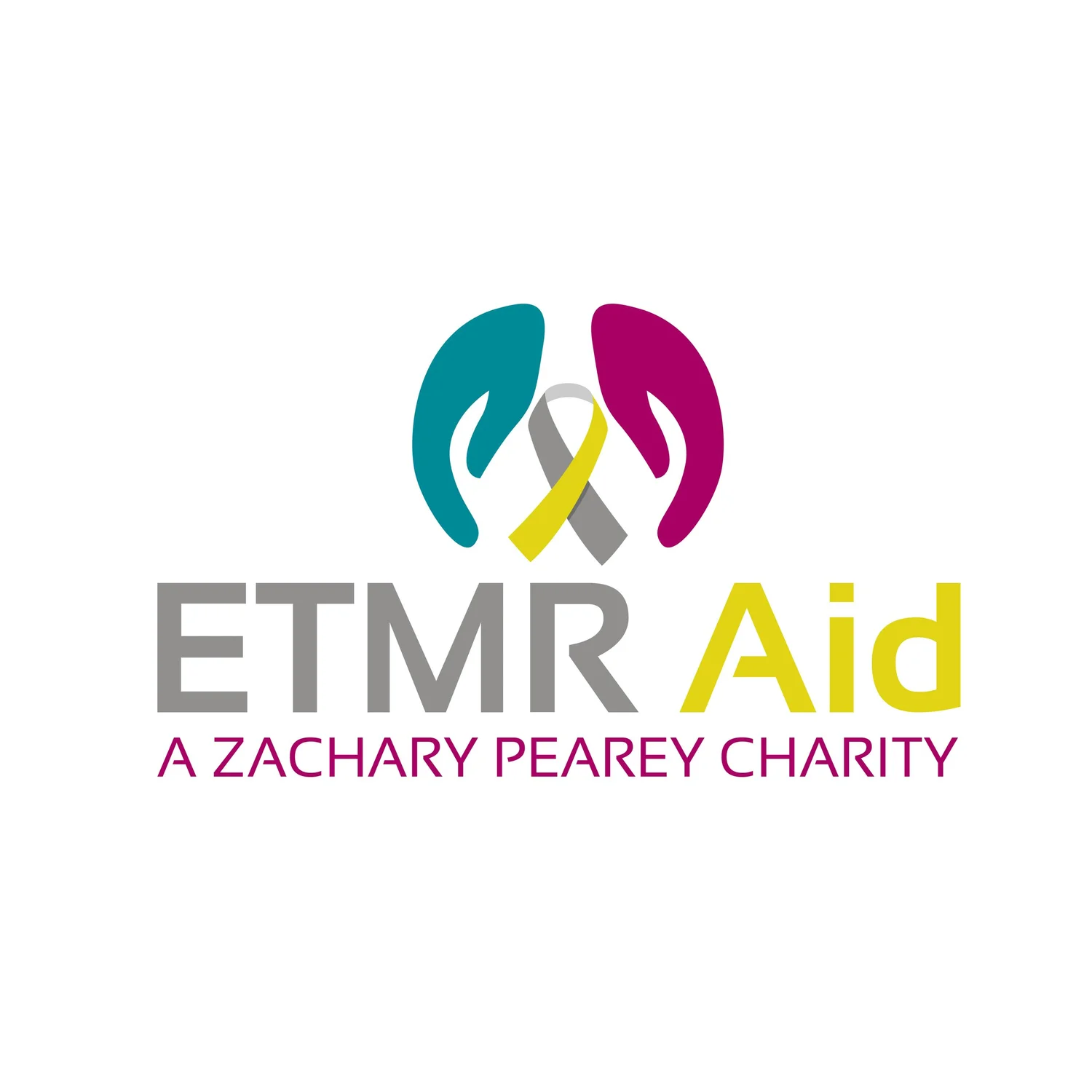Diagnosis
Zac had recovered remarkably well following the surgery. After 2 days he was walking around and exploring the ward whilst I dragged his little IV drip stand around with him. His head was swollen, and he was on a steroid to help reduce the inflammation around his brain; this gave him some pretty intense mood swings and pangs of sudden hunger but generally, all things considered he was doing great. On the topic of steroids, a lot of children on the oncology ward are prescribed them as part of their treatment regimen. It is not uncommon to hear demands of certain foods being shouted out during the night and they can be quite specific; chicken nuggets at 2 in the morning or a roast dinner for breakfast.
It was decided that we could go home on December 23rd, and we were happy to be able to spend Christmas day at home together. It is a strange feeling listening to jolly Christmas songs on the radio whilst your child recovers from brain surgery. Everyone does their best to make the ward feel festive, and there are even some gifts for the children from Santa, but it’s really not the place you want to be over Christmas.
On the 28th we are called in to discuss the histology results with Dr Gail, Zac’s lead oncologist. She tells us they have a name for the tumour, embryonal tumour with multi-layered rosettes, or ETMR. It is a highly aggressive, rare, stage IV malignant cancer. It was possible to try and treat it, but it would be difficult, and they would need to act fast. The average survival rate after 5 years was a dismal 25%. She then outlined what treatment would be required, jotting down the key points and trying not to overwhelm us. He would need a round of chemotherapy followed by a round of high dose chemotherapy with a stem cell transplant followed by 6 weeks of radiotherapy to his head. Side effects would be both immediate and long term and would include nausea and vomiting, loss of appetite, mouth ulcers, hair loss and risk of infection in the former. The latter would include hearing loss, infertility, kidney problems and risk of secondary cancers. The side effects from the radiotherapy included cognitive impairment and learning difficulties although this wouldn’t be apparent until 2 years following treatment. She had scheduled an appointment for the following day for us to meet with the stem cell team and Zac would need to start daily injections of GCSF to help boost his body’s production of stem cells in preparation for their harvest. He would have a Hickman line fitted and would start chemotherapy next week.
Writing this out reminds me how lucky we were to have such a wonderful doctor in charge of Zac’s care. I’m sure she spent her festive period coming up with a plan for Zac and pulling strings with all the members of the various teams to enable him to start his treatment so quickly. At the time I don’t think I took a lot of the information in. I mainly heard the word cancer and remember Seb crying next to me. On our way to the car, we found an empty chaplain’s room and both broke down together, trying to figure out what we would say to our expectant parents who were waiting at home.
